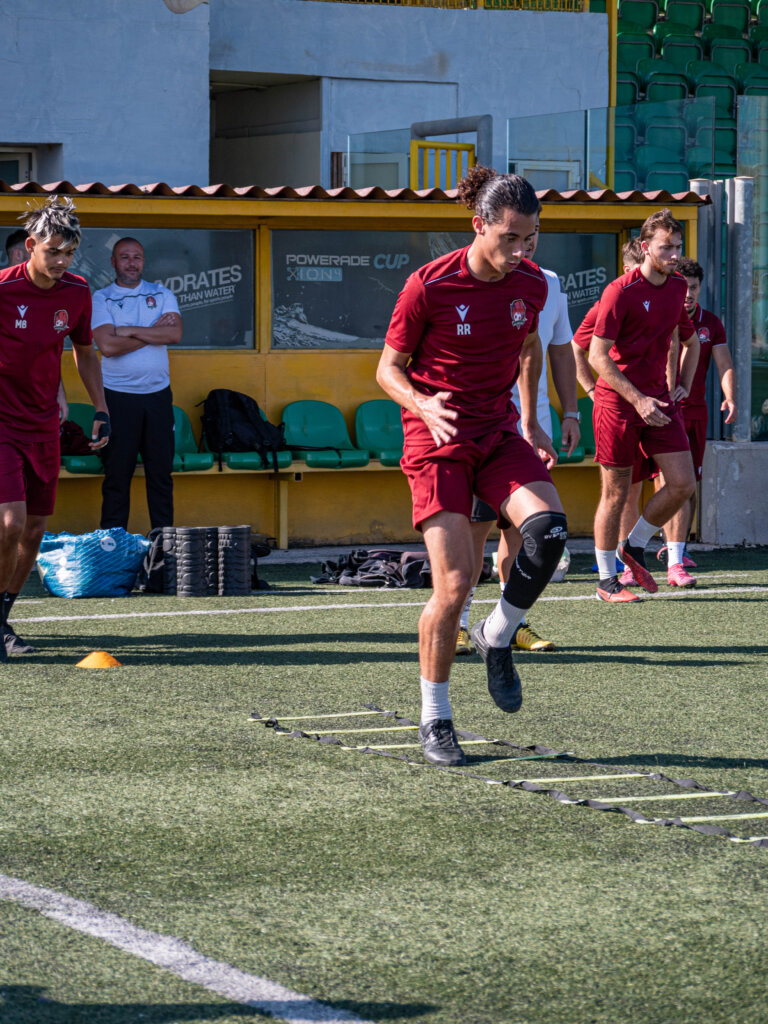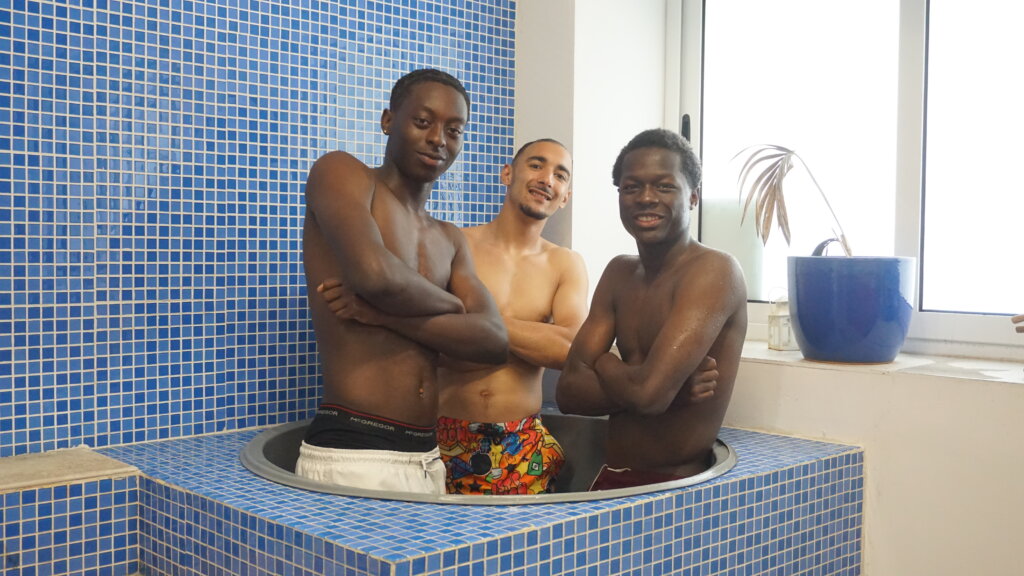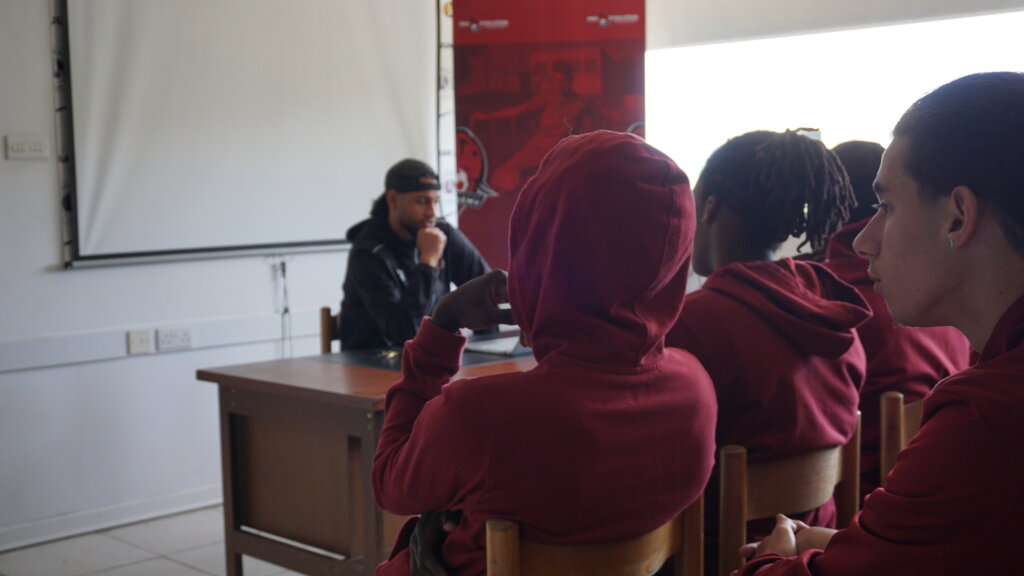The professional football is an extremely competitive industry where only a minority manage to reach the elite. Behind every success lies a rigorous workThis is achieved through iron discipline and a constant drive for improvement.
However, many talented players fail to realise their ambitions because of avoidable errors.
This article reviews the 10 most common mistakes and explains how to overcome them.
Summary
Poor diet and nutrition
Sports performance starts with what you eat. An unbalanced or unsuitable diet can reduce energy, lower endurance and increase the risk of injury. Players who don't watch their diet often lack consistency on the pitch.
A concrete example
In 2019, a report by UFC-Que Choisir revealed that many young footballers consume foods rich in sugar and fat while neglecting proteins and complex carbohydrates. The result: reduced performance and slower recovery.
Tip: In collaboration with nutritionists, opt for a diet rich in lean proteins, complex carbohydrates, vegetables and healthy fats to support your efforts on the pitch.
Inadequate physical condition
Professional football demands an optimum level of fitness. Insufficient physical preparation can lead to poor performance, rapid exhaustion and vulnerability to injury.
A concrete example
A study into injuries in the Premier League (2021) revealed that inadequate training accounts for 40 % of injuries, particularly muscle tears.
Tip: Include specific exercises (power, agility and endurance) in your training programme. Don't neglect the benefits of active recovery such as yoga or stretching.

Lack of mental resilience
Pressure and occasional setbacks are inevitable in a professional career. A lack of solid mentality can break down a player's motivation, affecting his commitment and concentration.
A concrete example
During the 2018 World Cup, several young players reported feeling extreme stress leading to disappointing performances in penalty shootouts.
Tip: Work with a sports psychologist to develop stress management and self-confidence mechanisms.
Insufficient development of technical skills
Despite natural talent, neglecting to perfect technique can limit development. Dribbling, precise passing, ball control: all these skills need to be honed.
A concrete example
Lionel Messi still spends hours perfecting his shooting and dribbling, proof that even the best in the world never stop practising.
Tip: Call on specialist technical coaches to work on your weaknesses and develop a versatile game.
Poor decision-making in the field
Poor judgement during matches can turn a team's result on its head. Risky passes, hasty shots and poor positioning are all fatal mistakes.
A concrete example
In 2022, a decisive Champions League match was lost because a defender attempted a risky dribble in his own half.
Tip: Analyse your mistakes after each match and learn to better assess the risks by observing the decisions of experienced players.
Ineffective communication
Clear, fluid communication with your team-mates on the pitch optimises team performance. A lack of direction or feedback can compromise the execution of strategies.
A concrete example
Teams like FC Barcelona excel at communication, which makes for a remarkably fluid game.
Tip: Work on your verbal and non-verbal signals in training. Be clear, concise and respectful.
Neglect of recovery and injury prevention
Many players ignore the importance of recovery, leading to chronic muscular problems or reduced performance.
A concrete example
In 2020, Eden Hazard was sidelined for many months due to a lack of post-match rest.
Tip: The best way to do this is to pay particular attention to sleep, massages and cryotherapy. Also include active recovery days in your programme.

Inability to adapt to different playing styles
Tactical rules and styles differ from league to league. Players who fail to adapt their game risk stagnation.
A concrete example
Talented players such as Philippe Coutinho struggled to find their place in tactical systems that were different from those to which they were accustomed.
Tip: Study league and team systems to understand how to adapt and maximise your potential on the pitch.
Lack of self-analysis and continuous improvement
Not evaluating your performance objectively is tantamount to slowing down your progress. Regular self-analysis makes it easier to identify areas for improvement.
A concrete example
Cristiano Ronaldo analyses every match to fine-tune his performance, a habit that has contributed to his exceptional longevity.
Tip: Watch your matches, note your mistakes and work with your coach to correct any areas of criticism.

Lack of professionalism and discipline
Too many players lose their way because of a lack of seriousness or distractions off the pitch: lateness, bad company or lack of attendance.
A concrete example
Despite his incredible talent, Mario Balotelli's career has been largely derailed by unprofessional behaviour.
Tip: Respect your commitments, always arrive on time and put your career first.
Conclusion
Success in professional football requires much more than talent. It requires constant discipline, the humility to learn, and the ability to avoid or correct common mistakes. By following these tips, you'll be getting closer to your maximum potential.
Don't let these obstacles hold you back. Constantly seek to evolve, remain determined and adopt a proactive attitude. Success will be within your grasp if you're prepared to go for it.


